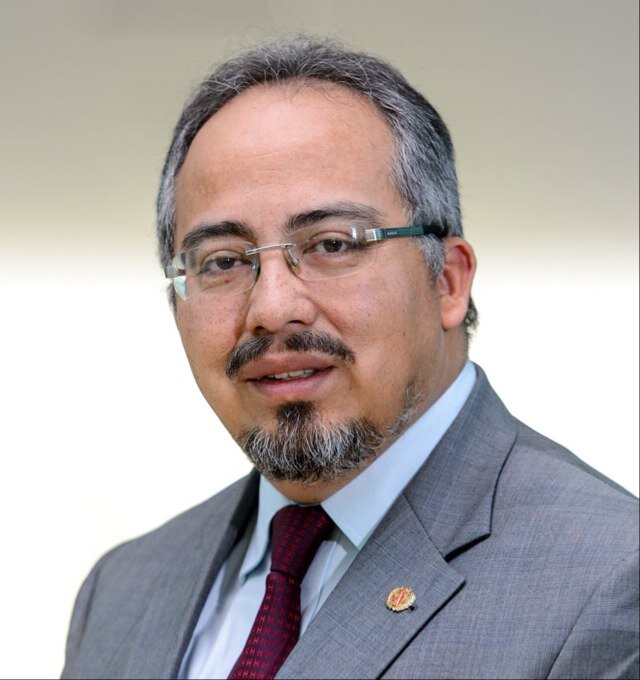
Statement by UNAIDS Latin America and Caribbean Regional Support Team Director, Dr César Núñez
This World AIDS Day highlights the importance of the right to health as an essential condition to achieve the end of AIDS by 2030, as set forth in the Sustainable Development Goals.
The right to health is a fundamental human right. It is the right of everyone to enjoy the highest attainable standard of physical and mental health.
For the right to health to be fulfilled, it is imperative:
-that everyone, regardless of race, sex, ethnicity, sexual orientation, gender identity or social status, has access to the prevention and treatment of any disease,
-that health is affordable or free,
-and that quality health services are free from discrimination.
The right to health goes beyond access to health services and medicines. It is also linked to a variety of important rights, such as access to a comprehensive and quality education, good nutrition and healthy working conditions.
Fulfilling the right to health enables everyone to fulfil their promise and their dreams.
Latin America and the Caribbean have made important progress towards the Fast-Track goals. Latin America is among the regions of the world with the highest proportions of people living with HIV who know their status and in the Caribbean, the proportion of people living with HIV who know their status and are on treatment is over 80%.
But we cannot be complacent:
– Not when there are still millions of people such as people living with HIV; lesbian, gay, bisexual, transgender and intersex people; sex workers; indigenous populations and migrants, who do not have access to health services because of stigma and discrimination.
– Not when there are still young people and adolescents who are denied the possibility of making informed decisions about their health and well-being, because they do not receive the education they need.
-Not when there are women who, due to inequalities and gender violence, encounter barriers that prevent them from accessing comprehensive health services.
Inequities in access to health are not acceptable and have to be eradicated. States have a duty to respect, protect and guarantee the right to health of their citizens.
AIDS is not over, but it could be if we make sure that everyone, without exception, anywhere in the world, can fully exercise their right to health.
WHAT IS PANCAP?
PANCAP is a Caribbean regional partnership of governments, regional civil society organisations, regional institutions and organisations, bilateral and multilateral agencies and contributing donor partners established on 14 February 2001. PANCAP provides a structured and unified approach to the Caribbean’s response to the HIV epidemic, and coordinates the response through the Caribbean Regional Strategic Framework on HIV and AIDS to maximise efficient use of resources and increase impact, mobilise resources and build the capacity of partners.
What are the Global AIDS Strategy 2021–2026 targets and commitments?
If targets and commitments in the strategy are achieved:
- The number of people who newly acquire HIV will decrease from 1.7 million in 2019 to less than 370 000 by 2025
- The number of people dying from AIDS-related illnesses will decrease from 690 000 in 2019 to less than 250 000 in 2025.
- The goal of eliminating new HIV infections among children will see the number of new HIV infections drop from 150,000 in 2019 to less than 22,000 in 2025.
What are the 95-95-95 Targets for ending AIDS?
- 95% of People Living with HIV know their HIV status;
- 95% of people who know their status on treatment; and
- 95% of people on treatment with suppressed viral loads.
HELPFUL LINKS:
Global AIDS Strategy 2021–2026, End Inequalities, End AIDS
https://pancap.org/pancap-documents/global-aids-strategy-2021-2026-end-inequalities-end-aids/
Caribbean Regional Strategic Framework on HIV and AIDS (CRSF) 2019-2025
https://pancap.org/pancap-documents/caribbean-regional-strategic-framework-2019-2025/
